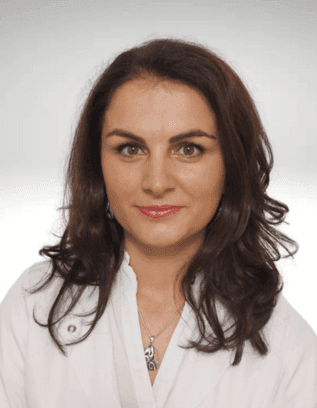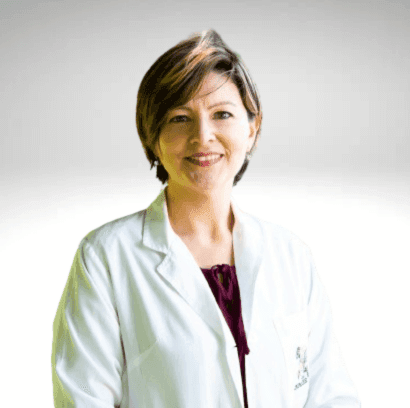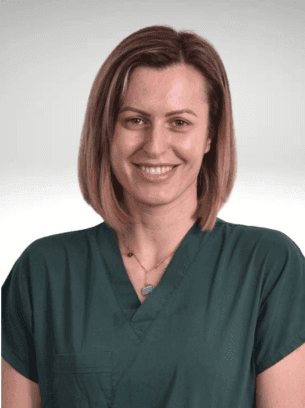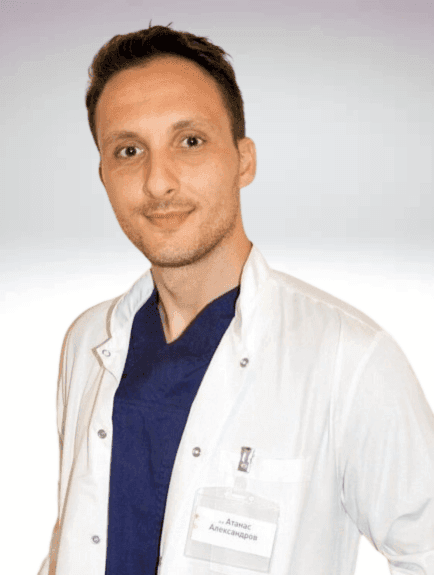Meanwhile, in the EU, new cancer cases have increased by 2.3% compared to 2020, reaching 2.74 million in 2022. In addition, cancer deaths have increased by 2.4% compared to 2020, according to data released by ECIS.
Cancer patients in Bulgaria face financial and organisational difficulties in accessing treatment, even though public funding has more than doubled in the last five years.
The number of new cancer cases per year remains stable at around 28,000 - 30,000 people in Bulgaria, and public treatment costs have increased from €320 million to €735 million, mainly due to the increase in the cost of oncology drugs.
Cancer patients in Bulgaria face many problems, as explained in the National Cancer Plan 2030. Such problems are:
- Exposure to harmful influences
- Lack of high-quality primary prevention programmes
- Low health awareness and culture
- Insufficient early detection programmes
- Late diagnosis
- Unequal distribution of high-quality cancer care
- Lack of sufficient modern equipment
- Lack of effectively applied multidisciplinary approach in oncology
- Lack of integrated oncology databases and quality control
- Underinvestment in all aspects of oncology
- Lack of a National Cancer Registry (closed in December 2023) with up-to-date information on the burden of cancer in the country
Despite the creation of a National Cancer Plan and its presentation in Brussels, it is not clear to what extent it is being implemented. Bulgaria's efforts need to be coordinated with broader EU initiatives under the European Cancer Plan aimed at better prevention, early detection and management of cancer.
The most common cancers in Bulgaria in both sexes
In women, the most common types of cancer in newly diagnosed cases include breast cancer, followed by colorectal cancer, endometrial cancer, cervical cancer and lung cancer. The incidence of endometrial and cervical cancer is significantly higher among Bulgarian women compared to women in other European countries.
The main types of newly diagnosed cancers in men are prostate, lung, colorectal, bladder and stomach cancers.
In terms of ASR (age-standardised incidence rate per 100,000 people), the death rate in Bulgaria has increased from 229 deaths per 100,000 people in 2011 to 242 per 100,000 in 2019 and 247 per 100,000 in 2020, and remains at 222 per 100,000 in 2022. According to the latest data for 2022, the number of cancer cases in Bulgaria is 32,812, of which 18,794 are deaths, i.e. about 57.29% of cancer cases in Bulgaria in 2022 are fatal.
On the other hand, the EU average ASR has decreased from 268 per 100 000 people to 252 per 100 000 in 2020, according to the European Cancer Inequalities Registry.
In the European Union countries, new cancer cases increased by 2.3% in 2022 compared to 2020, reaching 2.74 million in 2022. Similarly, cancer deaths have increased by 2.4% compared to 2020, according to European Commission estimates published in the European Cancer Information System (ECIS).
New projections for 2022 for EU Member States show that 31% of men and 25% of women are expected to be diagnosed with cancer before the age of 75. It is estimated that 14% of men and 9% of women die of cancer before they reach 75.
Breast cancer remains the most diagnosed and prevalent cancer in the EU, with approximately 380 000 cases (99% of which affect women), accounting for around 13.8% of all cancers diagnosed. This is followed by colorectal cancer (356 000; 13% of all new cases), prostate cancer (330 000; 12.1%) and lung cancer (319 000; 11.6%).
The four most common causes of cancer death in the EU are estimated to be lung cancer (19.5% of all cancer deaths), followed by colorectal cancer (12.3%), breast cancer (7.5%) and pancreatic cancer (7.4%).
Europe's Beating Cancer Plan supports Member States' work to prevent cancer and ensure a high quality of life for cancer patients, survivors, their families and carers, and is structured around a number of key areas where the EU can add most value: prevention, early detection, diagnosis and treatment.
How does one arrive at the diagnosis of cancer?
Diagnosing cancer often begins with the detection of symptoms or signs that may raise suspicion about the presence of the disease.
Signs and symptoms can vary greatly depending on the type of cancer, its location and stage of development.
Here are the standard steps that are usually taken when cancer is diagnosed.
Symptoms and signs that may indicate the development of cancer
Common symptoms:
- Продължителна умора
- Unexplained weight loss
- Constant high temperature
Specific symptoms depending on the type of cancer:
- Breast cancer: lumps or lumps in the breast, changes in the skin of the breast, leakage of fluid from the nipples.
- Prostate cancer: trouble urinating, pain with ejaculation, blood in urine or semen.
- Colon cancer: changes in bowel function (constipation or diarrhea), blood in stool, abdominal pain.
- Ovarian cancer: bloating or pain in the abdomen, feeling full even after a light meal, frequent urges to urinate.
- Cervical cancer: bleeding outside the menstrual cycle, abnormal vaginal discharge, pain during sexual intercourse, pain in the lower abdomen or lower back.
- Lung cancer: chronic cough, wheezing or difficulty breathing, blood in sputum, chest pain, etc.
Diagnostic steps
Primary medical examination
A visit to a general practitioner or specialist who will conduct a physical examination and take a detailed medical history.
Laboratory and imaging tests
- Blood tests: to look for certain markers that may point to the development of cancer.
- Imaging studies: X-ray, ultrasound, CT, MRI, or PET scanner may be used to visualize tumors.
- Biopsy: Taking a sample of tissue for microscopic examination to confirm the presence of cancer cells.
Specialized tests
For some cancers, such as breast or prostate cancer, genetic or hormone tests can be carried out to help assess risk and potential treatment options.
Consultation with oncologist
Once all the test data has been collected, the patient should consult an oncologist who will discuss possible treatment options and next steps.
Early diagnosis is the key to successful cancer treatment. Therefore, it is extremely important to seek medical help for prompt and adequate diagnosis and treatment at the slightest suspicion of cancer-related symptoms.





